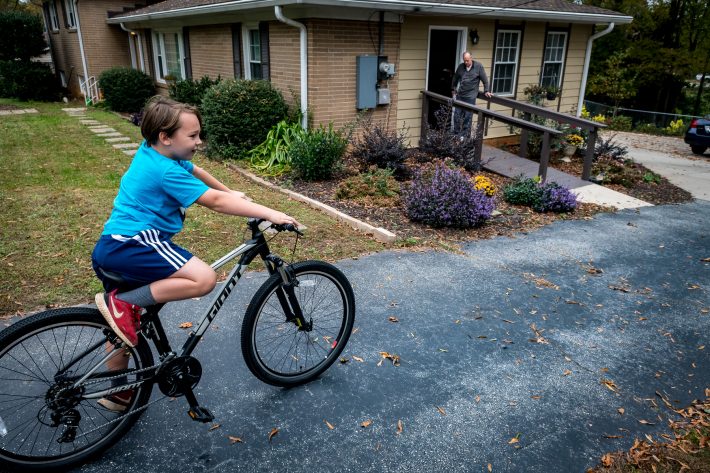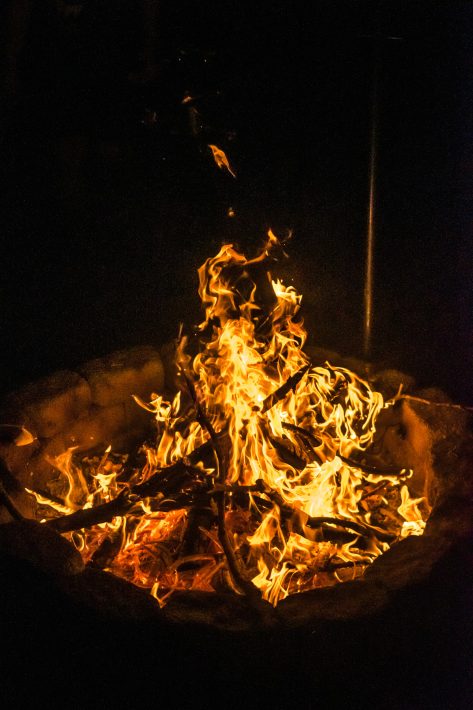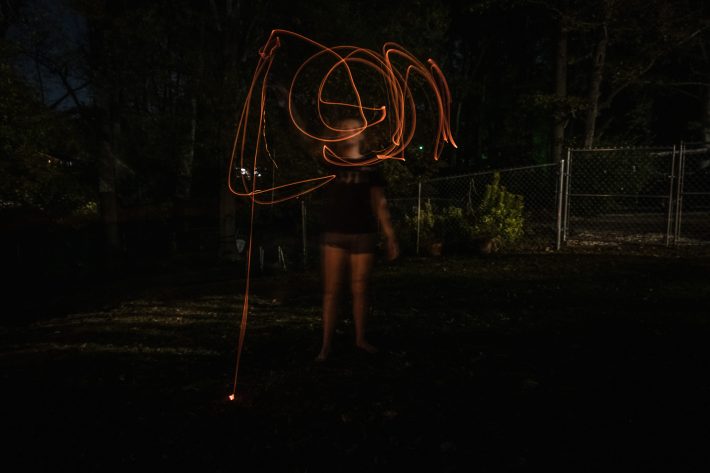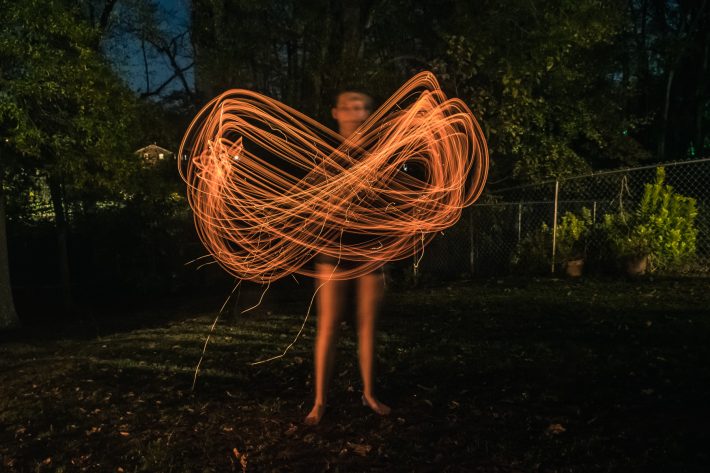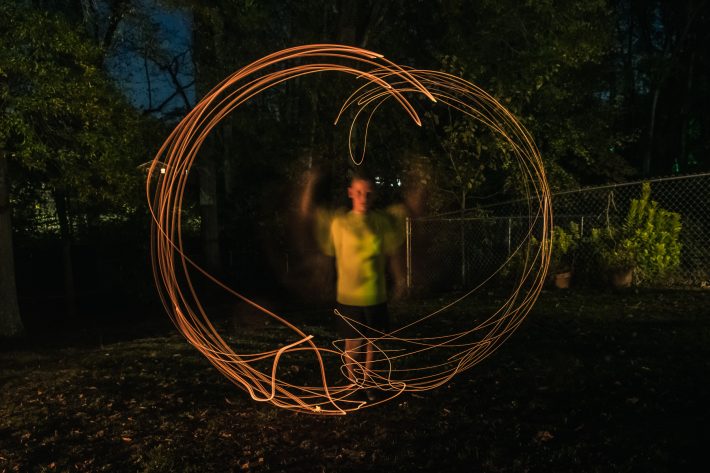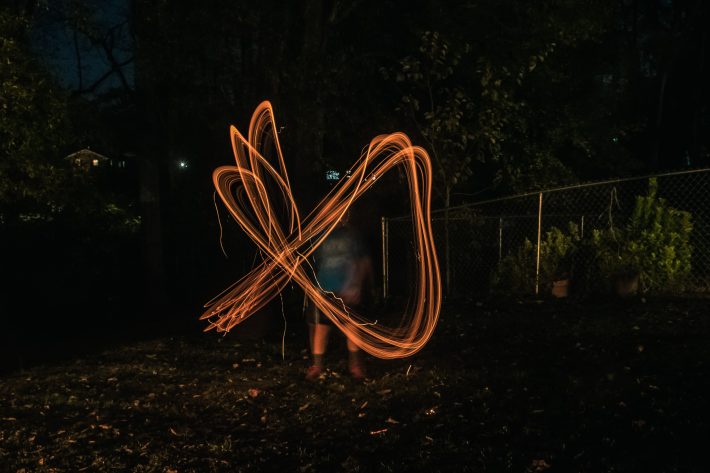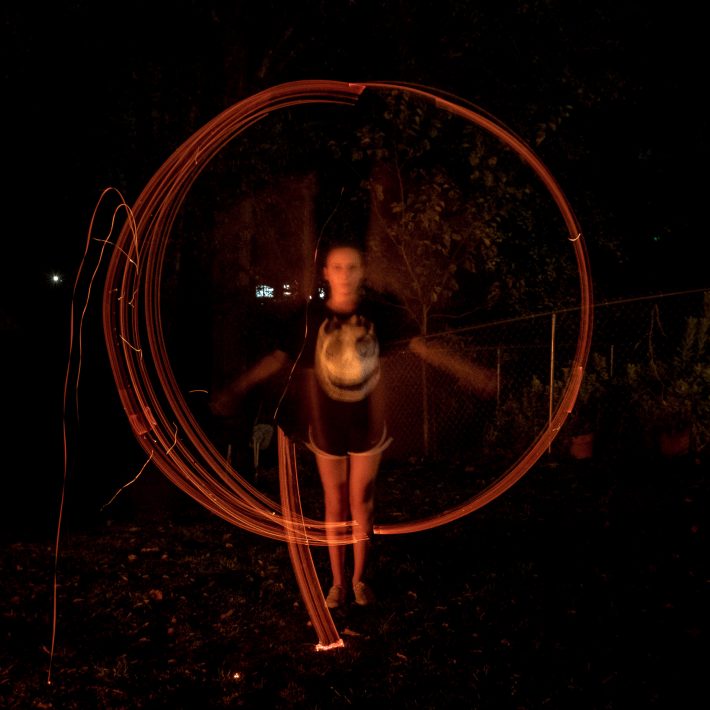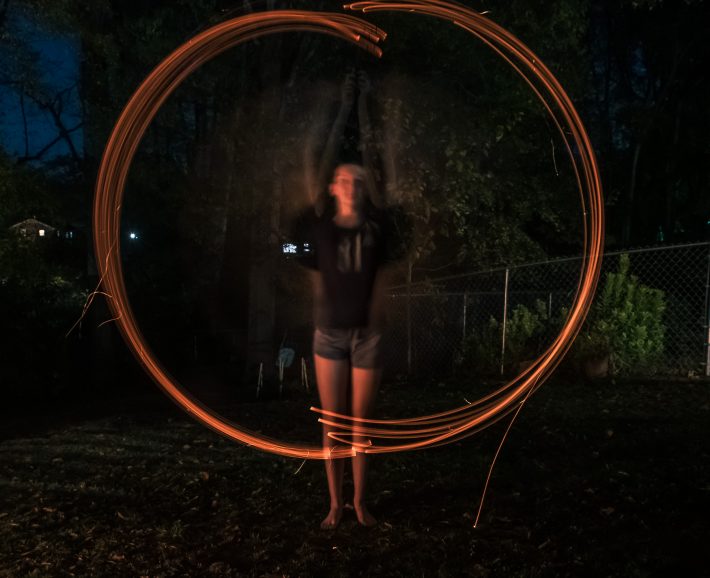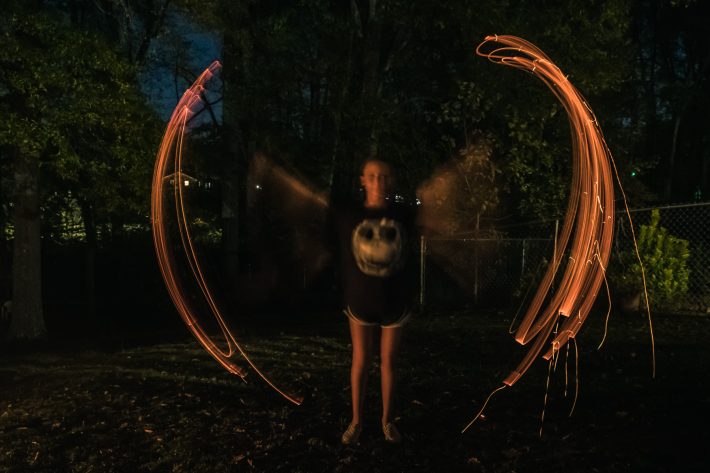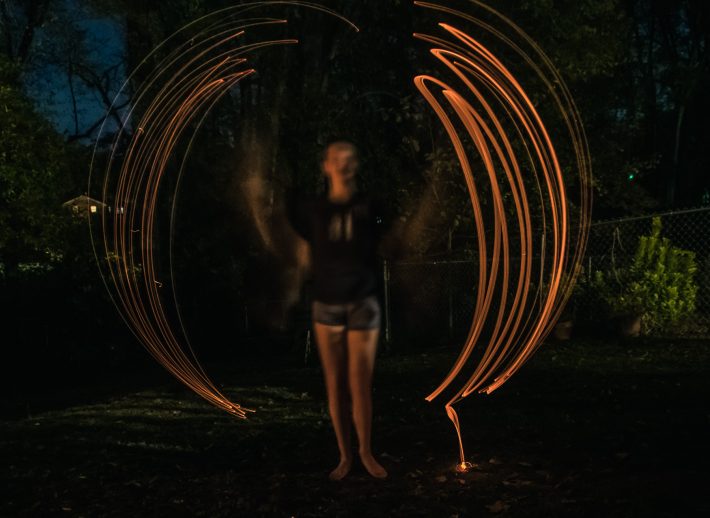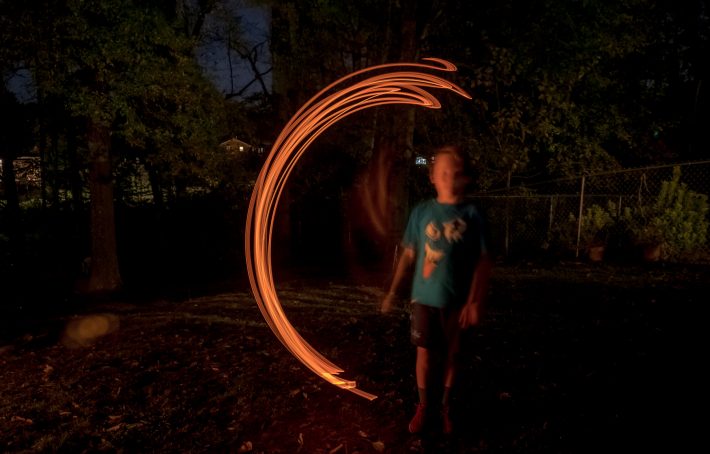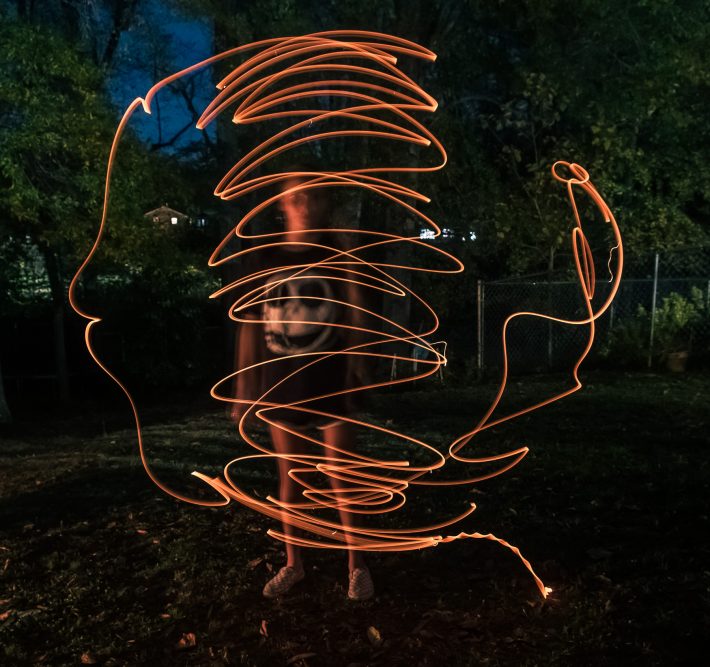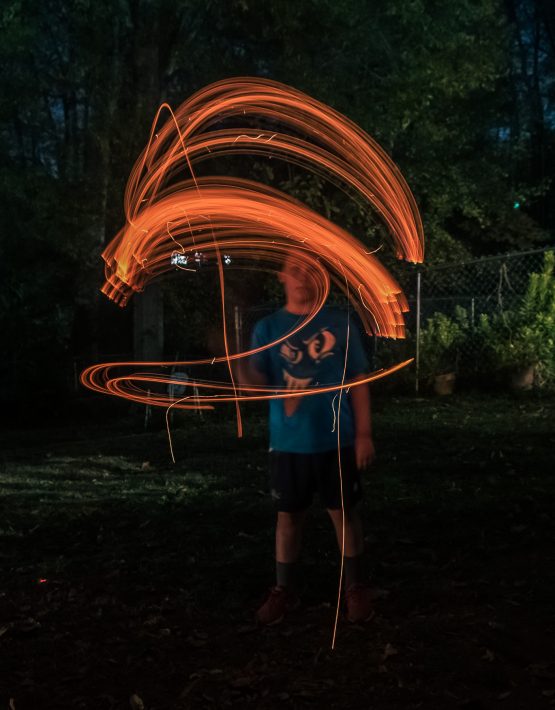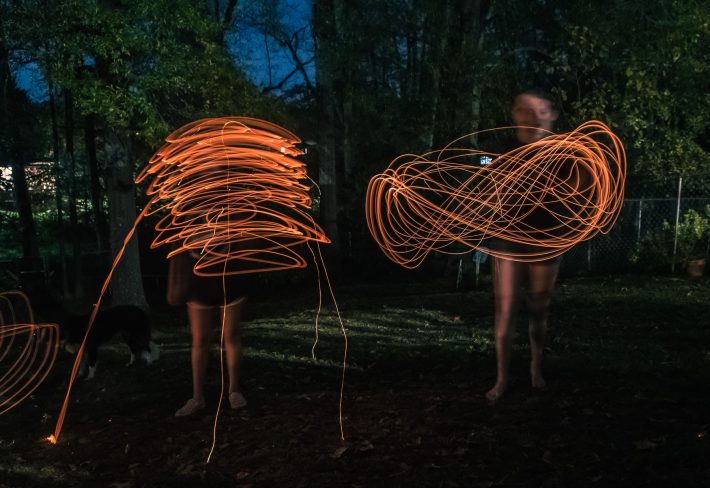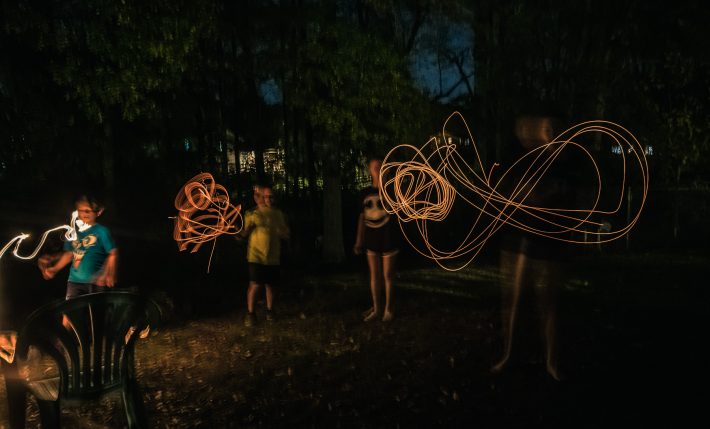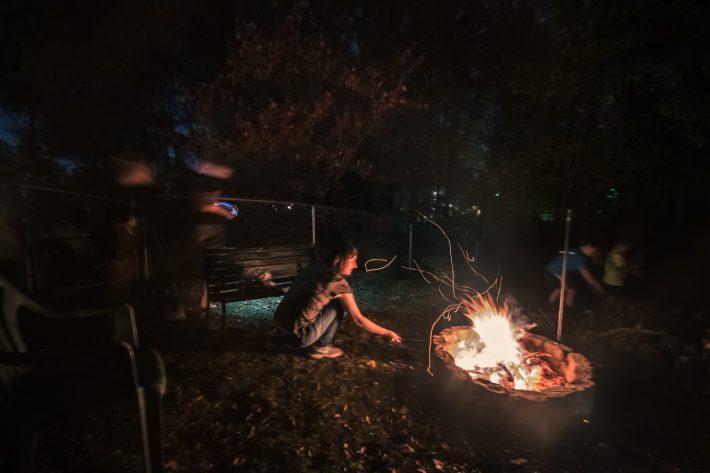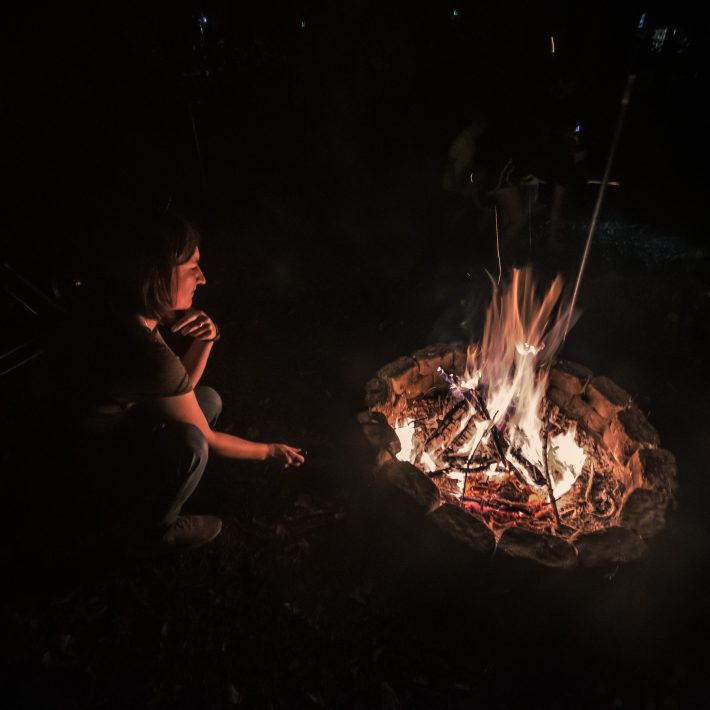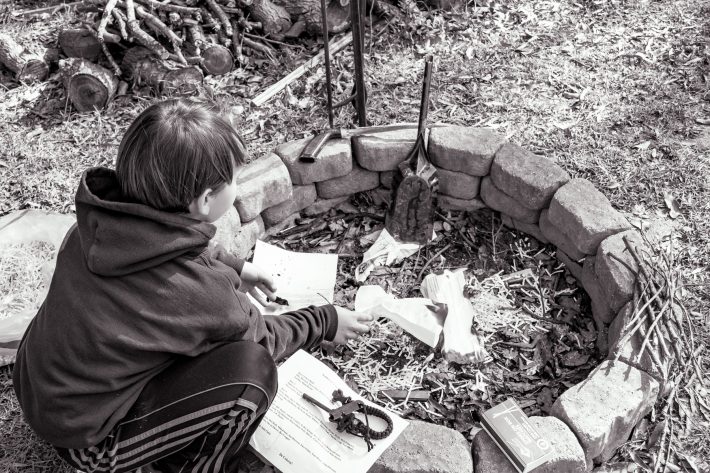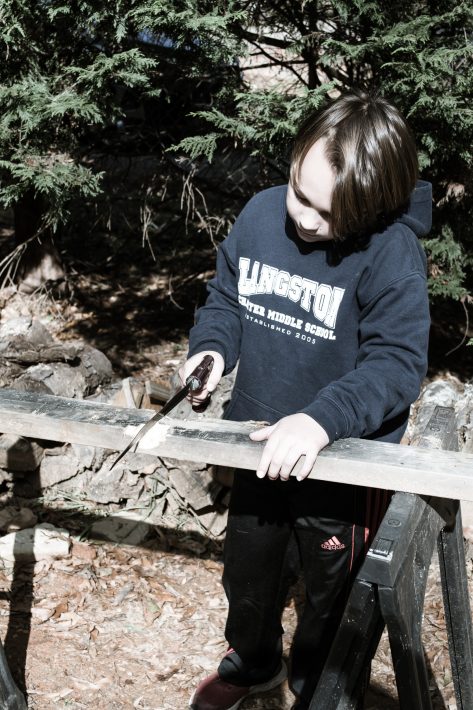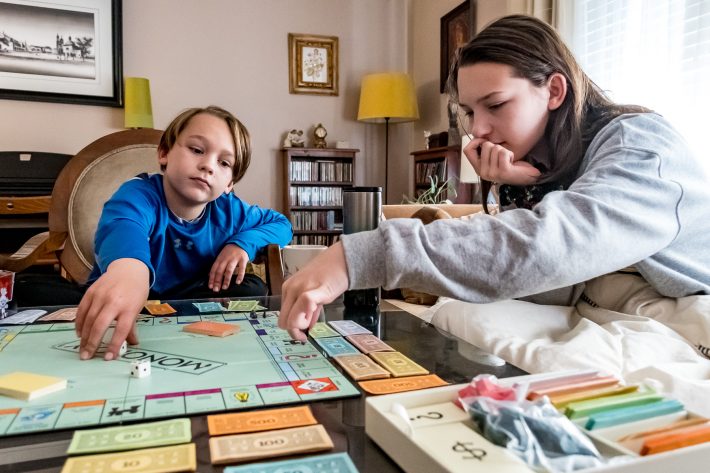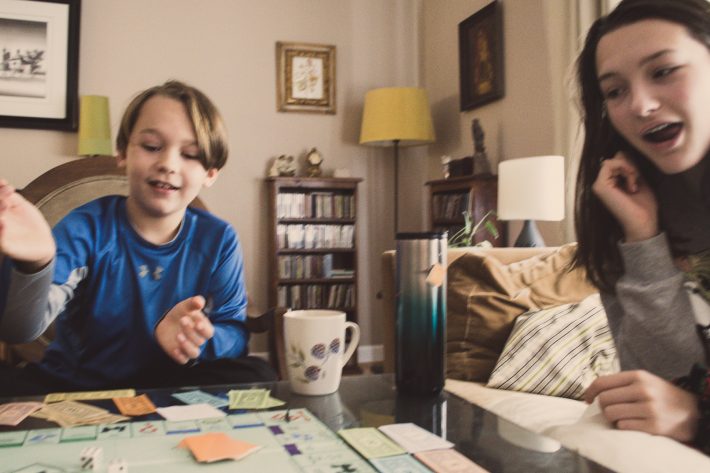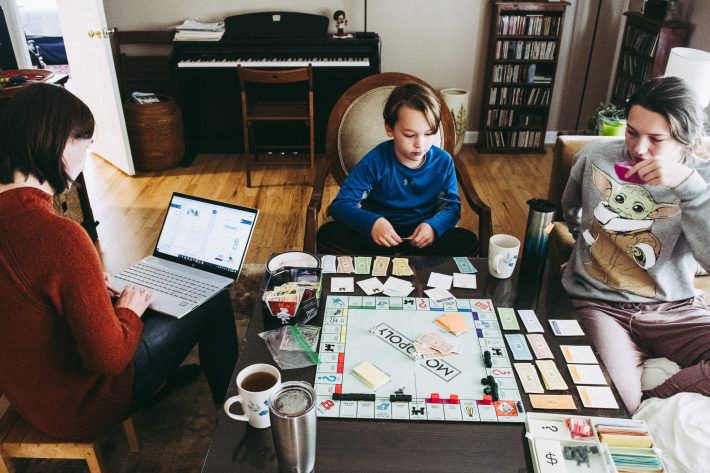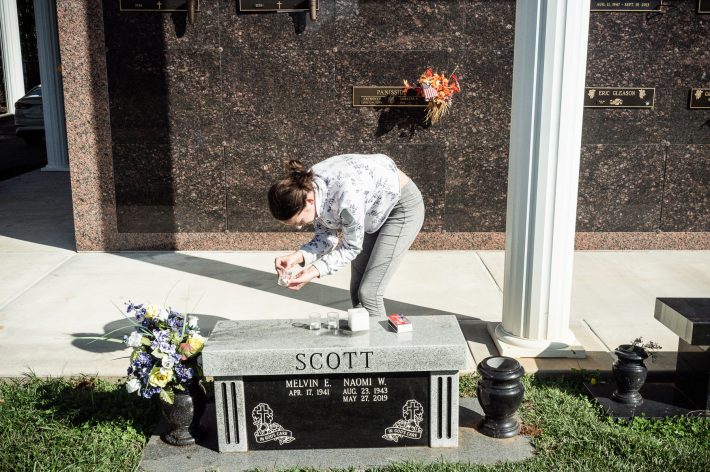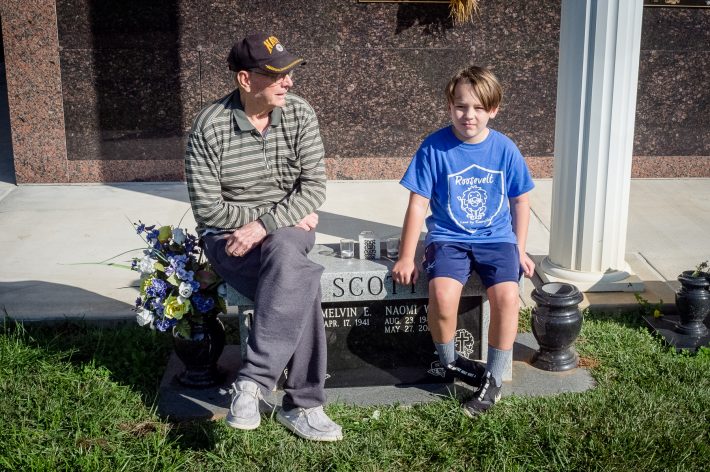Living with a thirteen-year-old is a challenge. “I don’t know how I survived your eighth-grade year,” Nana told me when I got my job teaching eighth graders. Now that I’m teaching them and living with one, I see her point. Their astounding knowledge puts to shame everything I ever thought I knew, and often they realize it’s just not worth it talking to an idiot like me.
Until they do.
Until they sit at the dinner table and chatter on and on about their school day simply because I told a story about playing dodgeball as a kid with the hard, unforgiving kickball balls we used.
“Don’t worry,” I tell L when her behavior frustrates me. “You won’t always be thirteen.”
“You always tell me that!” she responds.
“I’m not saying it for you; I’m saying it for myself.”
Those moments sometimes seem like the dominant moments in a family with a thirteen-year-old. And then, out of nowhere, a perfect dinner conversation that’s amusing and warm.
“They turn normal again,” one of my colleagues said to me today when she asked how school was going for our kids and was shocked to realize/learn that L is now in the eighth grade. But this is normal — for her age. And it is frustrating — sometimes. Yet we know we’ll miss this version of L, so we hold on while we can.






